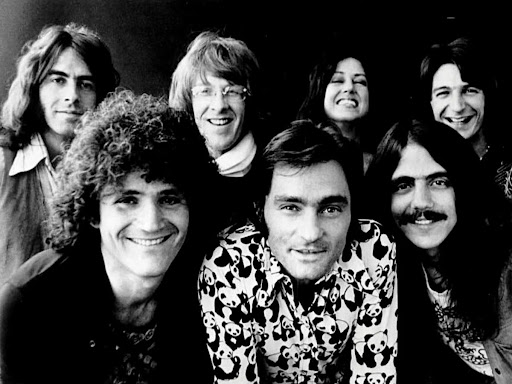#Belly #Tanya Donelly #alternative rock #dream pop #jangle pop #indie rock #1990s #music video #ex-Throwing Muses #ex-The Breeders
The year was 1993 and a boy said to me, “You know, you kinda look like Tanya Donelly.” I interpreted this as a pick-up line although it migh have been simply a (generous) observation, but at the time there was no higher compliment paid in my estimation. Even the boy from 1993 knew that Tanya Donelly was much more than just indie-rock cutie pie. As a founding member of Throwing Muses and the Breeders, she was rocking the cradle during the infancy of the alternative music movement. These collaborations resulted in a measured amount of critical success (particularly the Breeders’1990 LP Pod) but Donelly shifted focus in 1992 to form her own band, Belly.
Star, one of Belly’s only two albums, listens like the dangerous part of a fairy tale; tucked into bed at one turn only to be climbing out a midnight window at another. The first track, “Someone to Die For,” is a gentle, dreamy introduction to the album. On most releases, that crucial opening song is so often the pull of a ripcord but here, it’s the letting go of a balloon. The flotation ends quickly as the following two tracks, “Angel” and “Dusted” deliver a shot in the arm of swirling rhythm guitars and runaway beats. Donelly uses dynamics to emphasize her narrative, opening her throat wide and crescendoing as the drama gains momentum.
The pop triad of songs on Star – “Feed the Tree,” “Gepetto” and “Slow Dog” – saw frequent play on college radio and landed rotation in the that hallmark of alternative music credibility, MTV’s “120 Minutes.” Although “Feed the Tree” was Belly’s most commercially successful single, “Slow Dog” is the highlight of the album, a punchy little pop song that is anthemic in its simplicity. Similarly, “Witch,” the eerie lullaby of the collection, offers up the flip side of “Slow Dog”‘s emotional dissonance. The soothing introduction of major chord arpeggios on slide guitar is followed with Donelly’s breathy warning: “It’s not safe/ In this house/ In some witch’s bed/ You know the one/ She lies all lit up.” It’s this emotional juxtaposition of imagery and sound – nursery stories turned nightmare – that makes Donelly’s songwriting so compelling.
Star winds down with the lullaby sounds of “Untogether,” “Star” and “Stay,” interrupted only by “Sad Dress,” the most technically interesting effort of the album. Swinging in a 3/2 time signature, “Sad Dress” waltzes dizzily through heavy backbeats and bass riffs that are ratty like an unfinished hem. “Untogether,” an acoustic and bare offering, is the only track that features back-up vocals. Chick Graning, member of the short-lived alt-rock band Scarce, lends just an echo of a male voice in this elegy for an incompatible love.
Indeed, the beauty of Star is that Tanya Donelly’s voice and vision alone drive the album’s conceptual integrity. Her sound, luminous and evocative, was a departure from the disc(h)ord of the riot-grrrl bands that were building steam and fan bases in the mid-90’s. This is not to say that her pipes have no power. Airy and feminine for sure, Donelly can just as quickly tower a hundred stories high when the songwriting insists on it. She plays with notions of vulnerability and invincibility in her vocals, using inflection and even pronunciation to elicit emotional connections.
Donelly’s lyrics are peculiar and specific, conjuring images that are nature-oriented, childlike and vaguely occult. They are the remnants of your baby sister’s bad dream. One of the most memorable lines from “Angel” confesses, “I had bad dreams/ So bad I threw my pillow away.” The songs of Star are subliminal sense impressions, free associations in a way that intuitively clicks. When recalling snapshots of this album rapid fire, my list was “sister doll moon dress witch” – and yeah, that’s about right. Thematically, it’s somewhat of a curious bookend to Hole’s Live Through This. Where Courtney wails wounded about doll parts and witches’ heads, Tanya murmurs dream-like about beheaded dolls and witches’ beds. Both artists identify the trauma, artifice and stigmata that accompany a postmodern womanhood, reaching that place across very different access points. Courtney Love once remarked retrospectively, “I don’t think if I had been Tanya Donelly and put out Live Through This anybody would’ve cared” – and to be fair to Donelly, the reverse might also be true, insofar as only you can sing your own songs. Whether or not Love and Donelly viewed each other as feminist contemporaries, there are disarming lyrical parallels between the two works.
From: https://spectrumculture.com/2010/06/21/revisit-belly-star/














